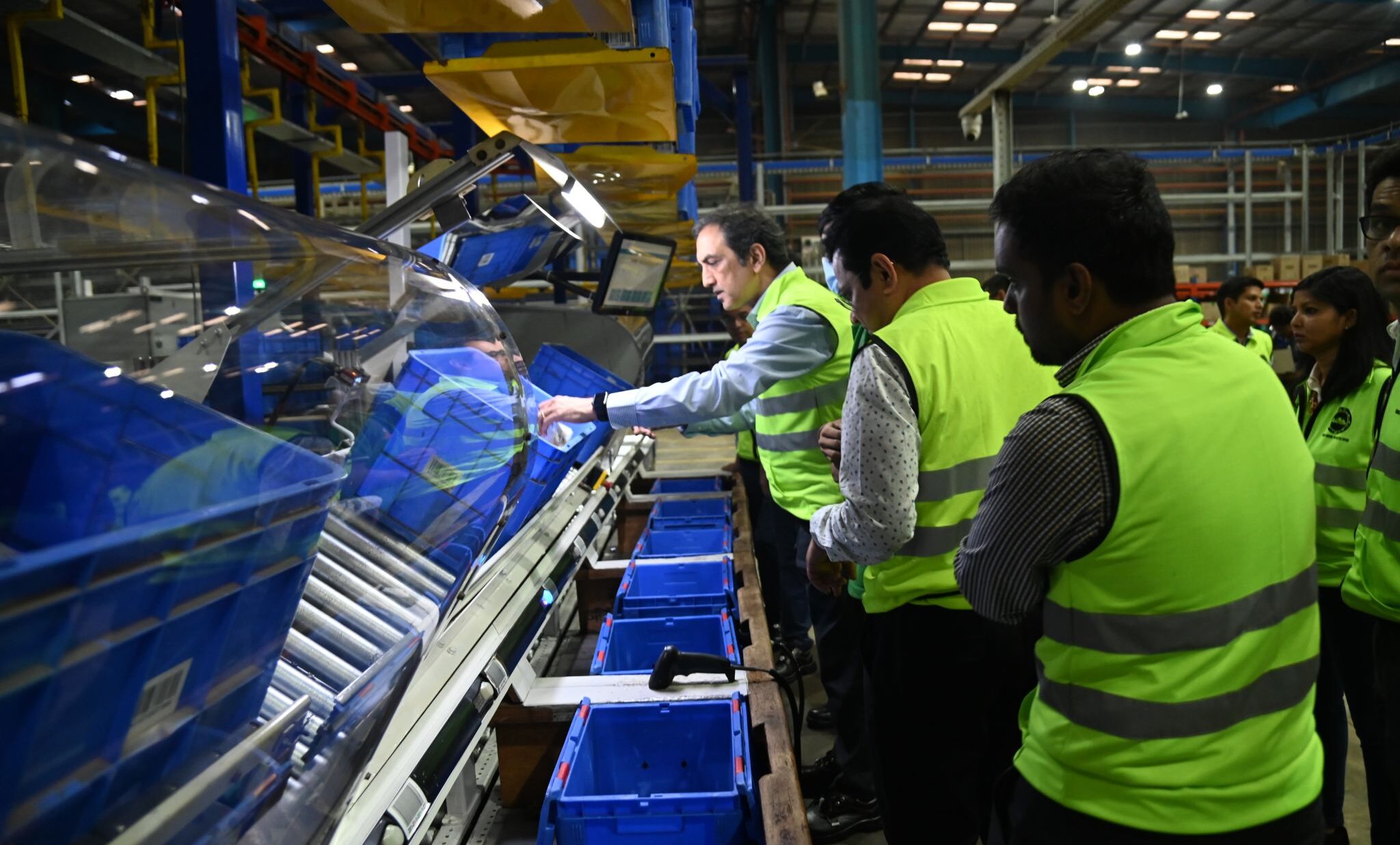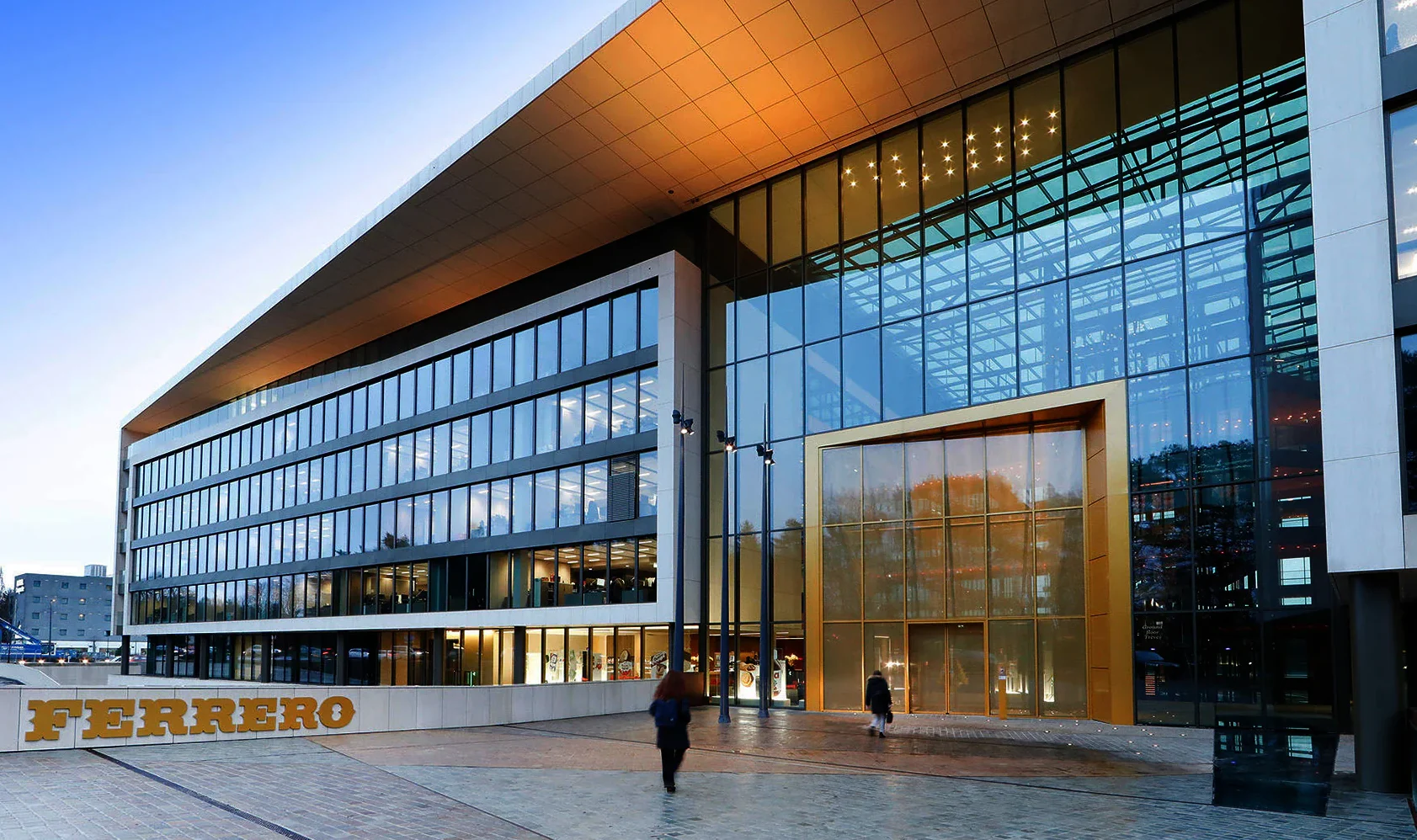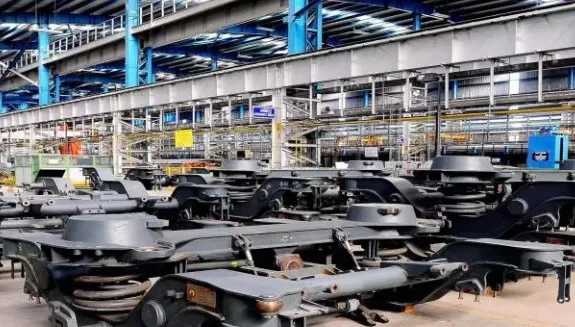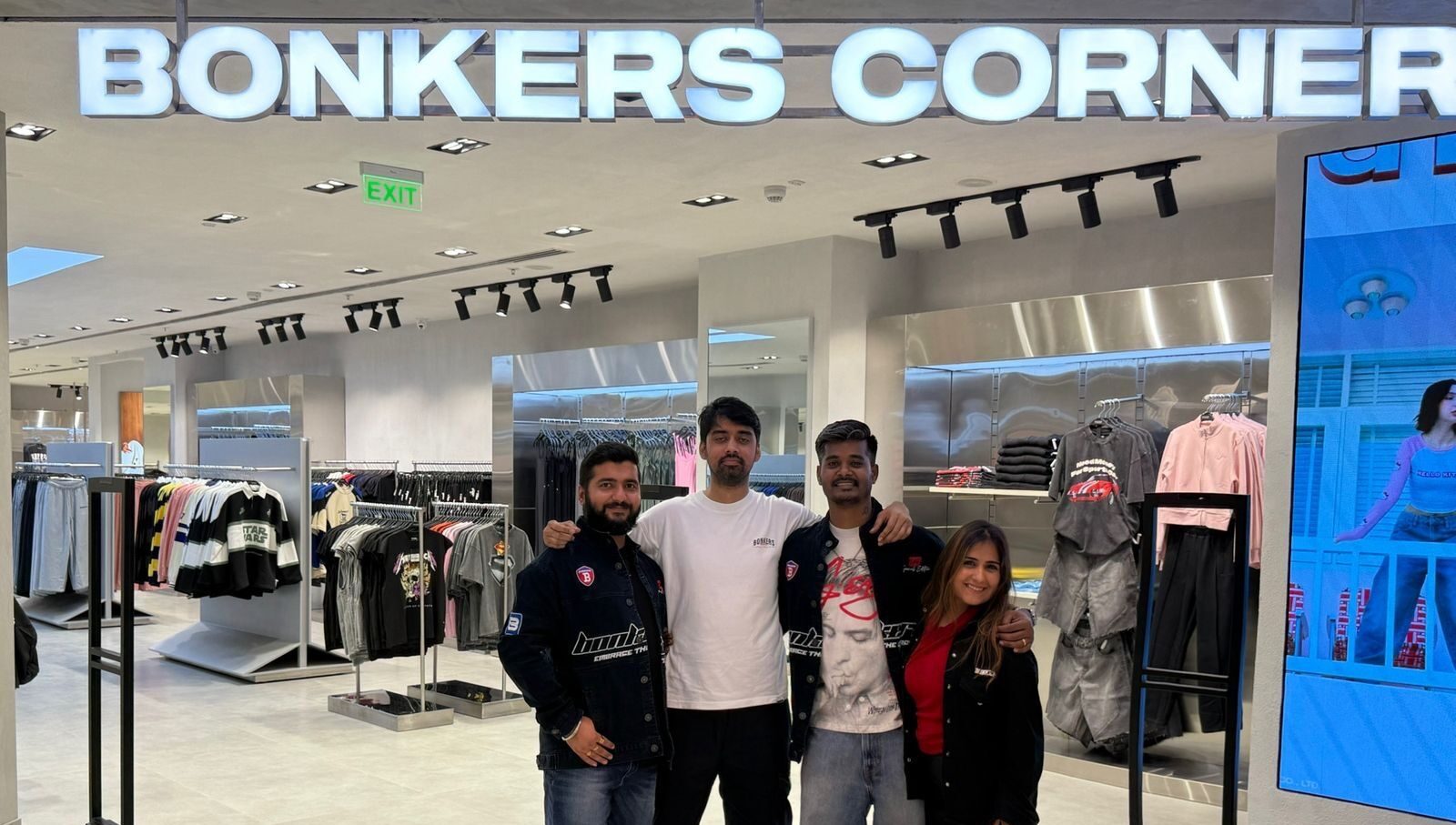Inditex boosts fashion shipments from India to avoid delays by increasing its use of air freight to transport clothes from India to Spain. The world’s largest fast-fashion retailer, which owns Zara, is using air transport to avoid delays that could disrupt its supply chain. This shift comes as shipping routes face disruption, particularly in the Red Sea, raising concerns about the environmental impact due to the higher carbon emissions of air freight compared to sea shipping.
Inditex boosts fashion shipments to tackle supply chain disruptions
Inditex boosts fashion shipments by air, sending 3,352 consignments from India since January 2024. This marked a 37% increase in air freight usage compared to the previous year. The company responded to disruptions caused by attacks on shipping routes in the Red Sea, making air freight a more viable option to ensure timely deliveries to its logistics hub in Spain.
Inditex boosts fashion shipments, raising emission concerns
While Inditex boosts fashion shipments through air freight, the company faces increased concerns regarding its carbon footprint. Air freight produces significantly more emissions than sea shipping, prompting questions about the retailer’s environmental impact. Inditex aims to cut its Scope 3 emissions by 50% by 2030, yet the rise in air freight shipments challenges its ability to meet this target.
Emission reduction plans
To address the rising emissions from air freight, Inditex is implementing strategies to reduce its carbon footprint. The company is investing in alternative fuels, optimizing transport routes, and improving occupancy levels to lower emissions. Despite the environmental concerns, some investors support the use of air freight to avoid disruptions and stock shortages, which could harm profitability.
Inditex boosts fashion shipments amid business and environmental pressures
Inditex boosts fashion shipments to maintain operational efficiency, ensuring that it does not face stock shortages that could lead to costly markdowns. While balancing supply chain challenges and emission reduction goals, the company remains committed to achieving both its growth targets and sustainability ambitions in the fast-fashion industry.

























